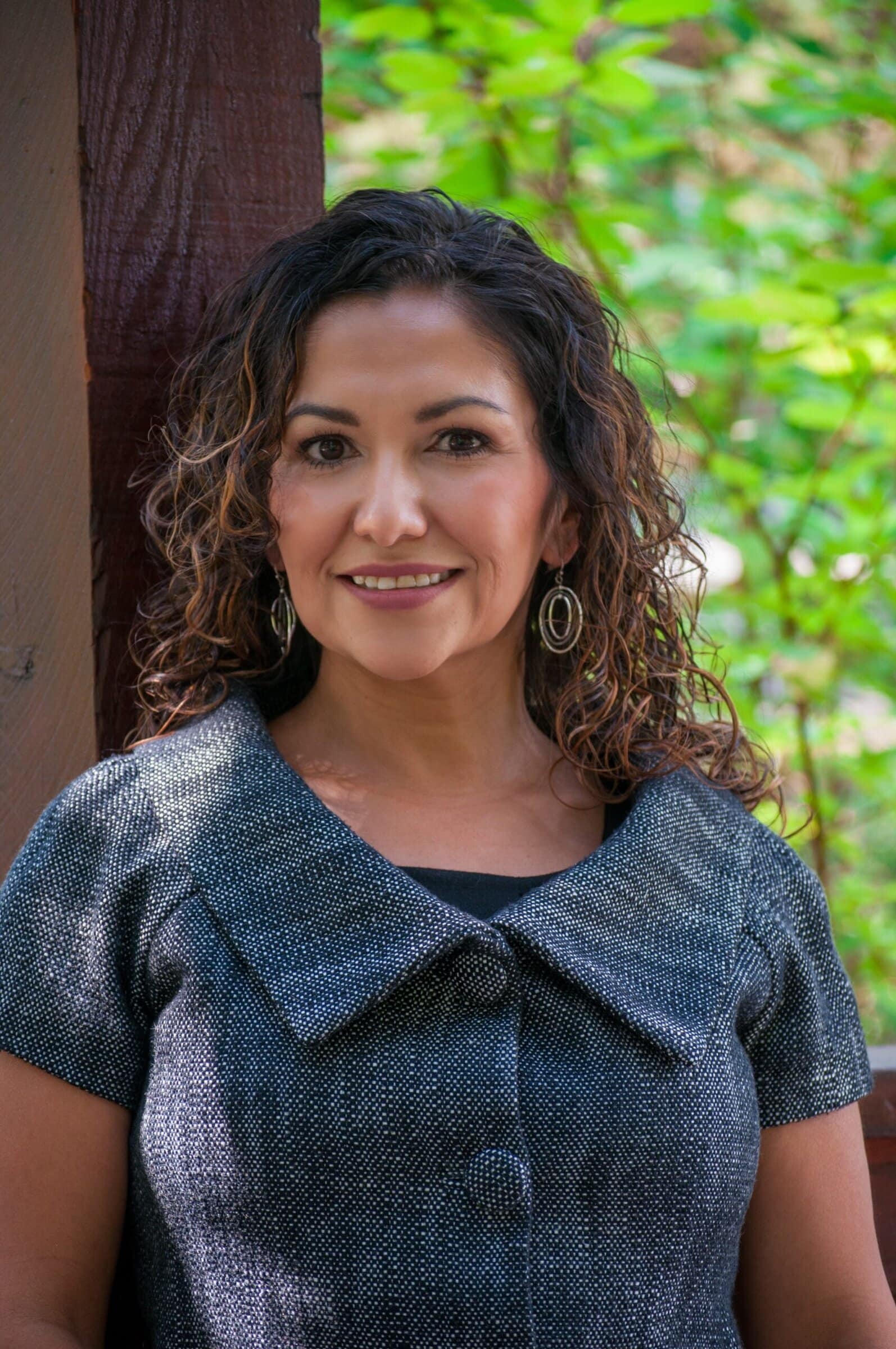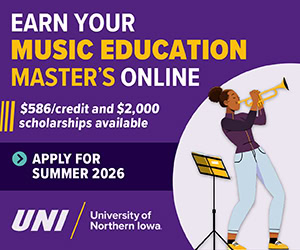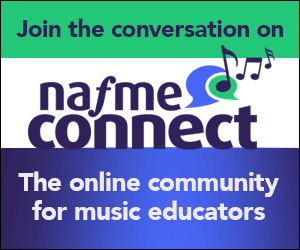
/ Membership / Meet Our Members / Nichole Heglund
What do you see as the major challenges music education will face during your term and in what ways can you transform these into opportunities during your presidency?
With looming funding deficits in education, one of the major challenges during my term will be ensuring the sustainability and visibility of music programs across our schools. Advocacy for music education must become even more strategic and collaborative as the risk of cuts to arts programming continues to grow. While music educators are no strangers to advocating for their programs, there is a demand for a unified approach that is proactive rather than reactive. It will be imperative to consistently support our state organizations and empower educators with tools, messaging, and data that reinforce the value of music education as essential—not optional.
This challenge presents a significant opportunity to spotlight the incredible work being done throughout the Western Division and use those success stories to inspire and influence stakeholders in local communities and state legislatures.
What do you see as the major challenges the association will face during your term and in what ways can you transform these into opportunities during your presidency?
One of the major challenges the association will likely face during my term is the reduction of national arts funding and the broader implications this will have on our communities and our work as an organization. As national arts grants face impending cuts, these cuts will be felt in schools and communities, potentially limiting access and resources for many of the populations we serve.
Additionally, growing resistance to DEIA (Diversity, Equity, Inclusion, and Access) initiatives presents a challenge, as it threatens to shift or restrict the way we address these conversations within music education.
These issues require a thoughtful, strategic response—one that ensures we continue the work of advocacy without compromising our core values or the visibility of our programs. We know that music education transforms lives and strengthens communities. The challenge will be to navigate the shifting political and funding climates with care. This is also where I see significant opportunity. By fostering stronger connections among our state leaders and educators, we can utilize the collaborative network focused on sharing what’s working.
During my presidency, I aim to build on the association’s strengths by promoting cross-state collaboration, encouraging knowledge-sharing, and helping our members feel supported and empowered as we collectively adapt to change.
How do you plan to advance equity/DEIA in NAfME during your term of office?
Advancing equity and DEIA (Diversity, Equity, Inclusion, and Access) within NAfME will be a key priority during my term. I have long admired the work being done in California, particularly their efforts to expand music education beyond the traditional band, choir, and orchestra programs. These initiatives demonstrate how inclusive programming can open doors for more students—especially those who may not see themselves reflected in traditional music ensembles.
As president, I will support Western Division states by sharing resources and strategies for initiating and sustaining non-traditional music ensembles, helping schools reach a broader and more diverse student population.
In addition, I will advocate for increased representation at state conferences. It’s vital that students and educators alike see leaders, presenters, and performers who reflect the diversity of our schools and communities. By encouraging diverse participation, we not only enrich our professional community but also model the values we want to instill in our classrooms.
Equity Statement
Music education is for all. Equity in music education means ensuring all students have the opportunity to participate, thrive, and find belonging in our music programs.
State organizations have a critical role to play in providing support and guidance to music educators on how to increase access. This includes offering professional development, resources, and mentorship on how to build inclusive programs that reflect the diversity of our communities.
In times of uncertainty, we must also equip educators with strong advocacy tools that emphasize the impact and value of music education. By aligning our support systems, we can ensure equity is not only a value, but a lived reality in every music classroom.
Leadership Statement
As a leader, I am committed to fostering a supportive, inclusive, and connected community. I work to empower others by connecting them with the resources, networks, and encouragement they need to thrive. I believe that strong leadership begins with listening—creating a space where individuals feel truly heard, seen, and valued.
Music education has been a powerful foundation in my own life, and I am committed to ensuring that students across our division and nation have access to the same life-changing opportunities. Despite the challenges we may face, my focus will remain on identifying pathways that enable all of us to provide high-quality, equitable music education.


